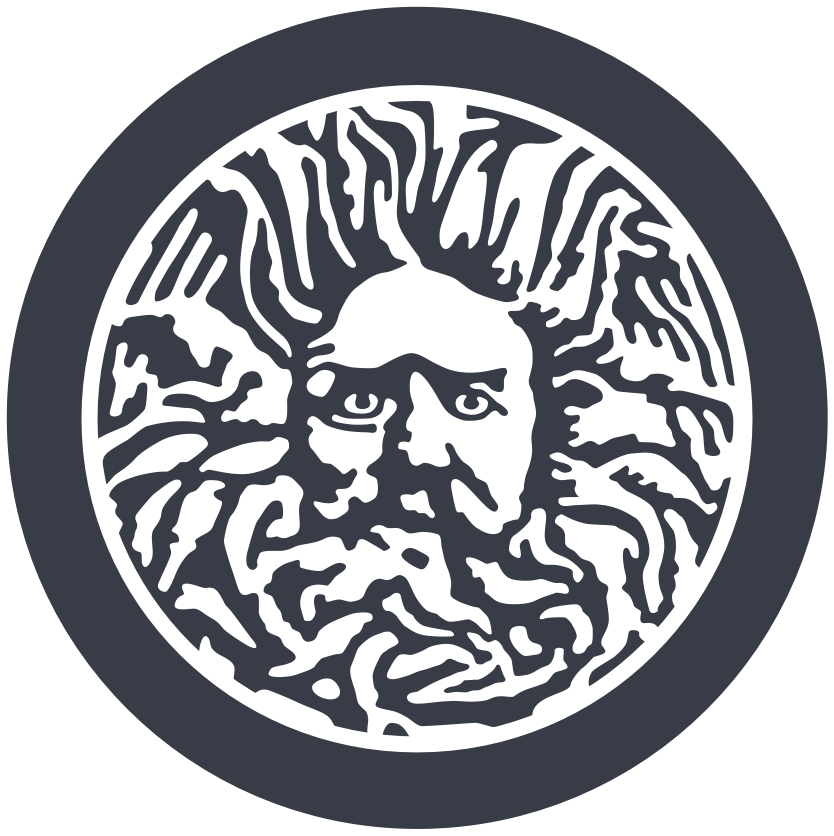We have now launched our Impact and Knowledge Exchange Fellowship with 12 Fellows, who are is currently half-way through their six-month programme. The Fellowship aims to build knowledge, skills and confidence in research impact and the activities, such as knowledge exchange, communication and dissemination, that can lead to that impact.
The programme consists of a core programme of workshops, plus one to one support from the research impact team as well as access to funding to support additional development opportunities, over a 6 month period. So far the feedback has been really positive:
“I have found the Fellowship hugely rewarding, not only in terms of what I have learnt but in the connections I have made."
The launch event in May focused on introducing the Fellows to each other where they were challenged to do an elevator pitch for their research – imagine the lift doors are about to open: how would you describe the research you do in terms of the problem it is trying to address and the difference you hope to make to this? We then set out providing an overview of and definitions of research impact and knowledge exchange, before we had excellent presentations from Dr Nazia Mehrban and Dr David Ellis about their experience with research impact.
The first workshop (May) led by Kilter Theatre involved a number of games focused on team building (name game), verbal communication (describe your research in a minute to different audiences including primary school children, aliens and trees!) and future visioning using a washing line (what the world might look like, what positive and negative impacts your research might have and in what context).
“The Activity, trying to explain my research to the different types of targets. I realized how difficult [it is] to explain [to] non-expert people, and it was good practice to digest and reflect my research subjects in that way.”
At the second workshop (June) led by Pandek Limited using Lego Serious Play the Fellows explored their research, motivations for research and research impact as well as challenges and solutions to engagement. This got them to use their creativity and imagination as well as building visual, verbal and listening communication and continuing to develop the cohort’s relationships with each other.
“I liked everything, it was a fantastic workshop that was creative, practical and inspiring in equal measure.”
The third workshop (July) focused on stakeholder mapping and the impact of engagement.
It introduced tools such as the Power interest matrix and the refinements you can make to this, such as smiley faces (indicate engagement/happiness of your current stakeholders), arrows to indicate if you want to move people, to make it useful to you. It also sets out the different levels of engagement from simply informing people, consulting, through to involvement, collaboration and supporting others to do their own research.
The Fellows then explored stakeholder groups, benefits and motivations of engaging for both the different stakeholder groups and for the researchers and the mutual benefits this exchange (knowledge exchange) can provide.
Key messages included the importance of considering your audience and how you can reach them, so if it is policy makers you are after, consider publishing in The Conversation as this is picked up by Select Committee members. The importance of having a visible profile was also discussed: make yourself easy to find and easy to contact (phone number, email) and have a profile on LinkedIn and Research Gate.
The group then explored how to evidence the impact of this engagement, how to evidence impact with a focus on the REF and how to evidence the reach and significance of impact.
“I need to have the confidence when engaging that I have something to offer and ask how I can help.”
Our next three months will have our internal experts provide training in knowledge exchange with policy makers, businesses and the public as well as media. We will then evaluate the pilot to explore learning and impact (benefits): this will feed into any future programme.
Respond




